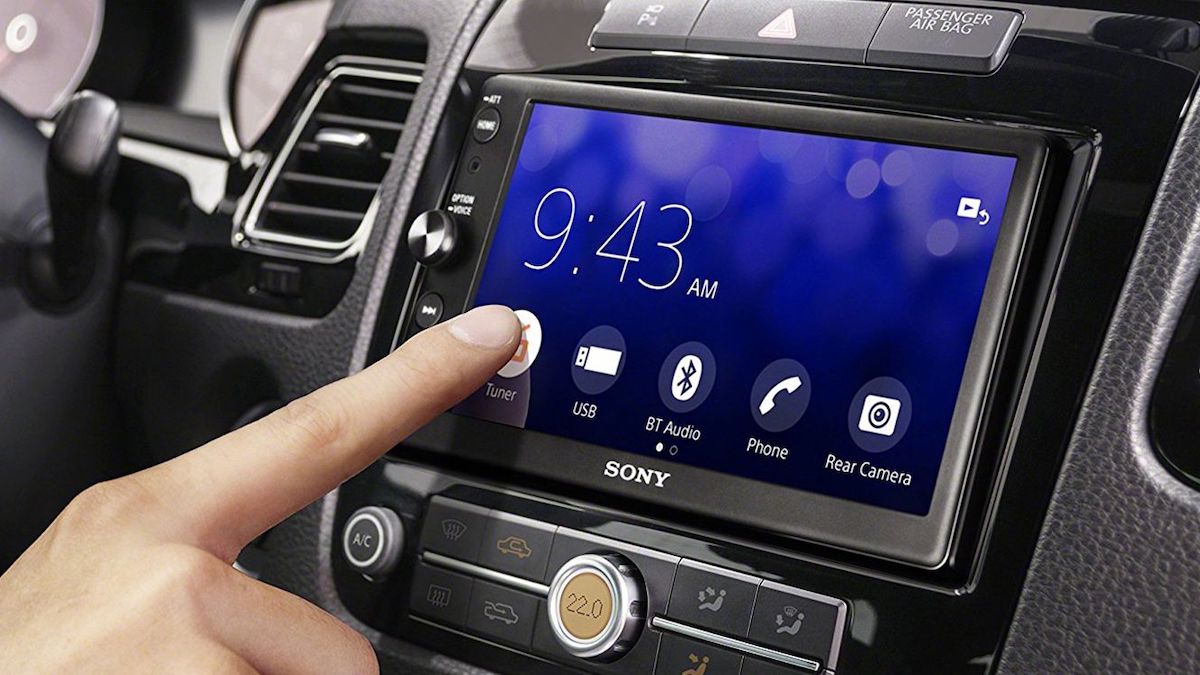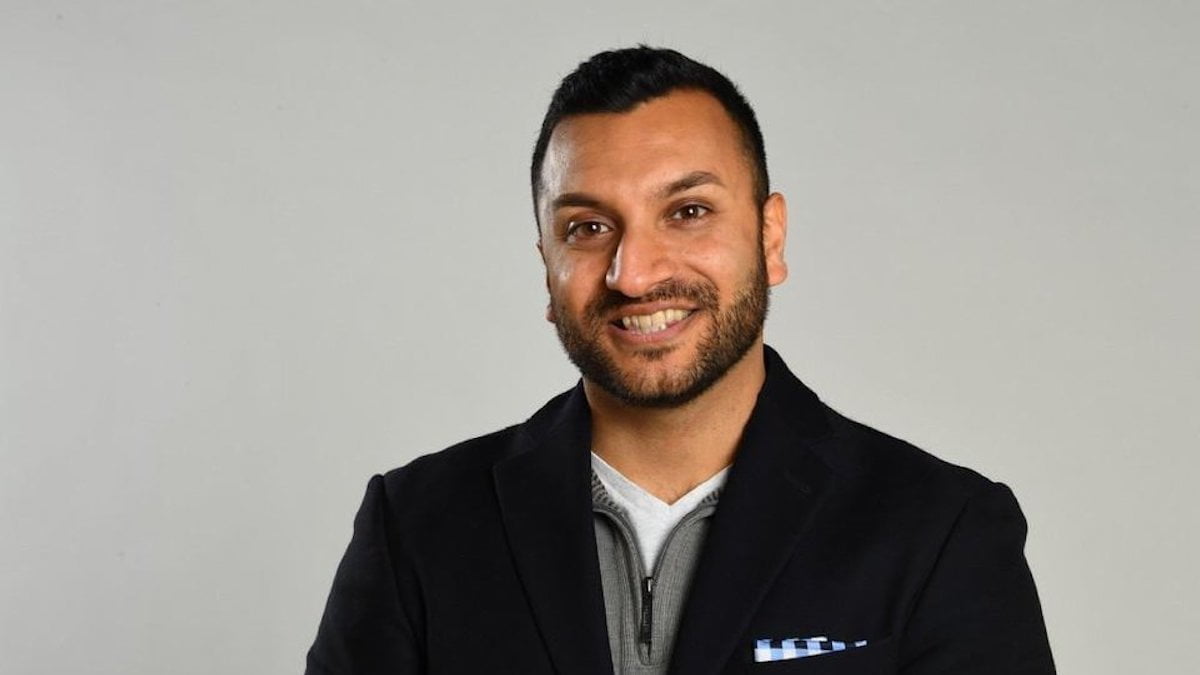Aaron Rodgers wasn’t just a guest on The Pat McAfee Show, he became a character.
A recurring character, in fact, and his weekly appearance on McAfee’s show became a forum for him to discuss everything from his decision not to receive the COVID vaccine to the guidelines the NFL placed on unvaccinated players to the most recent appearance when he stated there would be no news about his future. It’s the kind of scenario every host dreams about: to have an exclusive guest whose appearances become events.
Some of this was a product of circumstance: Rodgers appeared on McAfee’s show in September 2019, and he had been making regular appearances for more than a year, but it became a much bigger deal after he tested positive for COVID in the middle of this season.
Some of this was a result of McAfee’s status not just as a former player, but the fact that A.J. Hawk — a former teammate with Rodgers — is part of the show.
But some of this was a result of the way that McAfee has built his show and the way he conducts his interviews, and that’s the part I want to drill down on. There’s something that every host can learn here from the way McAfee sets up and executes his interviews to the overall experience, but first we need to get through a couple of basics.
Step 1
Let’s start with the simplest building block: What’s the purpose of having a guest on the show?
This is an honest question, one that most people answer incorrectly. They say the guest is there to provide information or to give the audience a chance to hear directly from a source or get to know a player personally. These all may be potential results of the interview, but they’re not the primary purpose of the interview, which is to entertain the listener.
The goal of putting a guest on is to provide the listener with content that is superior to what they would hear during a normal segment of the show. Now, there are a variety of ways it can be more entertaining whether it’s through humor, the newsworthiness of the guest or the information provided, but the baseline measurement is that it must be entertaining.
Step 2
What approach with this guest is most likely to produce the most engaging content?
No host would ever dream of answering this by saying: Asking the interview subject the same questions they have been asked, repeatedly, over the course of this month/season/career. Yet hosts constantly take this approach in the course of an actual interview. In the vast majority of interviews involving pro athletes, the subject has a pretty good idea of the questions he or she is going to be asked, and the interviewer has a pretty good idea of the answers they’re going to get. It should go without saying, but this is an utterly terrible way to generate something unique.
What I like most about McAfee’s show is that his interviews are unlike what his guests are used to both in tone and in their substance. This creates a situation where I truly don’t know how the subjects are going to react. While some media members may purse their lips and talk about holding a subject accountable or asking the tough questions, the purpose of an interview is not to satisfy the professional expectations of other media members. It’s to entertain your audience, and I would point to the fact that McAfee’s interviews of Rodgers have produced more engaging content and more insight into the quarterback’s thought process as proof of the effectiveness of McAfee’s approach. It’s more than access that has made these interviews into appointment viewing.
Step 3
You’re creating an experience.
This is true for your audience, but it’s also true for your guests. They’re joining you on stage for part of your performance. They’re following your cues in this regard, and you can use this to your advantage.
What McAfee does better than anyone is to make his guests part of the show. They’re included naturally in the jokes, some of which are told at McAfee’s expense. But McAfee also uses self-deprecation so he can tease his guests back. The result is pretty natural give-and-take in which everyone gets a little grief and no one gets defensive.
What is really interesting is the very thing that I am most impressed by with McAfee’s show — the way his guests and audience embrace the experience — is something that hosts Shan Shariff and R.J. Choppy of 105.3 The Fan in Dallas found to be off-putting.
“I felt like I was back in college at the frat house,” Sheriff said earlier this week, “Oh my lord.”
Maybe, and while I would say certainly McAfee’s audience isn’t my audience as a host or writer, generating that type of passion and investment in your audience is something that I admire and honestly envy. It’s really freaking impressive.
Making light of en elephant in the room is the best way to keep it from overshadowing everything, and this — more than anything — is what I thought McAfee did so exceptionally well. His weekly visits with Rodgers started because Rodgers liked coming on the show. He liked the approach. He liked the vibe. He liked the experience.
And then — when the stakes were raised after Rodgers tested positive for COVID and it became clear he was not vaccinated — he kept coming on the show, and while the subject matter became much more serious, McAfee maintained the same tone and experience of his show.
Step 4
Look for ways to play the long game.
Most often, interviews are scheduled as one-off exercises, which I call the “short game.” Let’s book this reporter to talk about this subject. Ask the local team to provide Player A who has been hot. You make the most of these 7 to 10-minute opportunities and maybe come back to react to audio clips. While this short game can be an effective way to react to news, it is bound to be hit-or-miss in both execution and payoff because it’s essentially a cold interview.
The long game is vastly more important, though. Not just in terms of quality of the content, but potential sponsorship and exposure, and as a host this requires you to think about the guest’s experience. Making them feel like they’re a part of the show is a critical step in making your show a place they would choose to come back to. Making your show a place they’d choose to come back to is a step toward making them a recurring character on your show.
Does that mean you’ll get a weekly engagement with someone like Rodgers? No. I’m not sure if anyone in this country other than McAfee could have pulled that off. But there are lots of former players hosting shows in this country who Rodgers could have joined. He picked McAfee’s show, and I think every host can learn something from exploring what led Rodgers to do that.
Danny O’Neil is a sports media columnist for BSM. He has previously hosted morning and afternoon drive for 710 ESPN Seattle, and served as a reporter for the Seattle Times. He can be reached on Twitter @DannyOneil or by email at Danny@DannyOneil.com.







